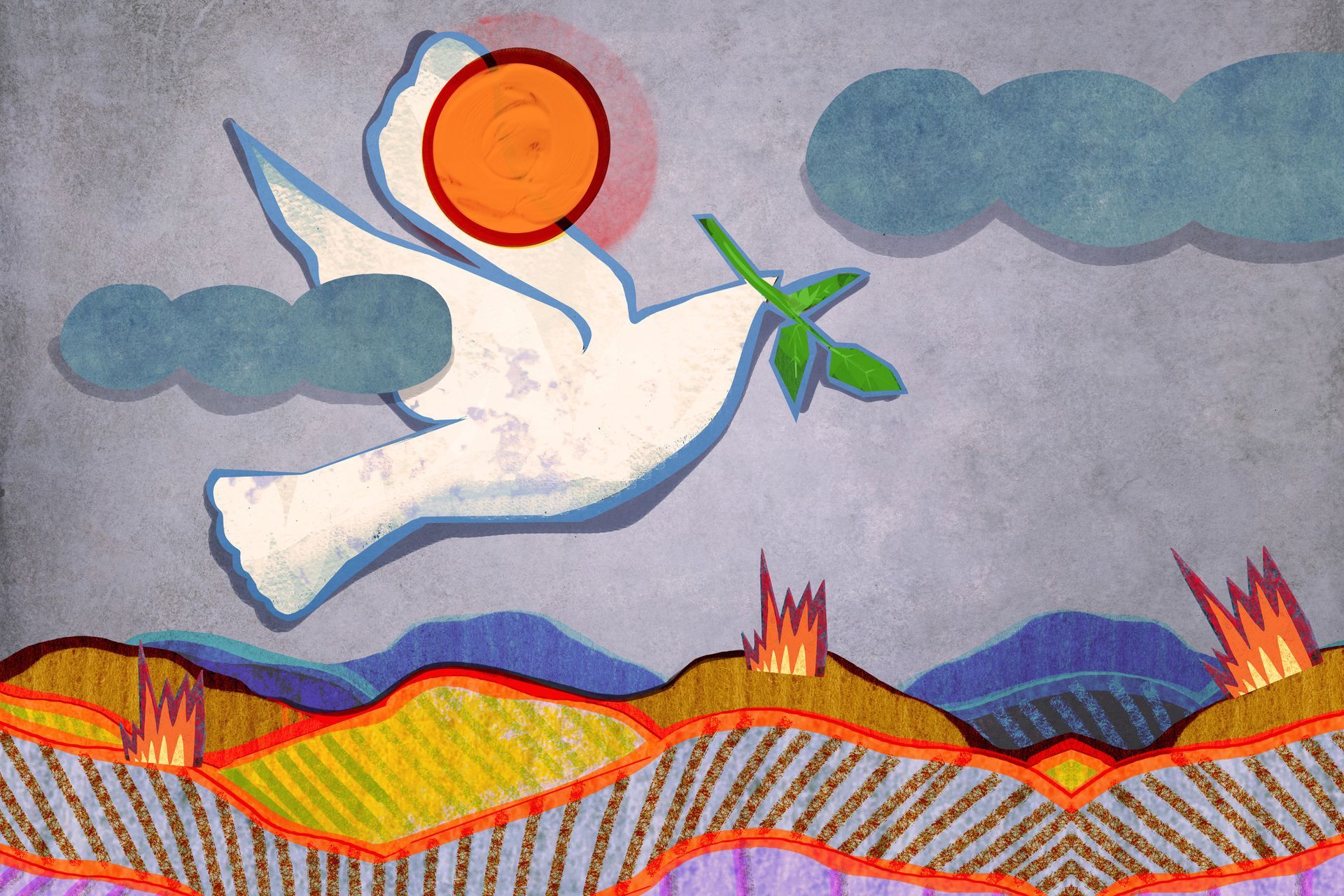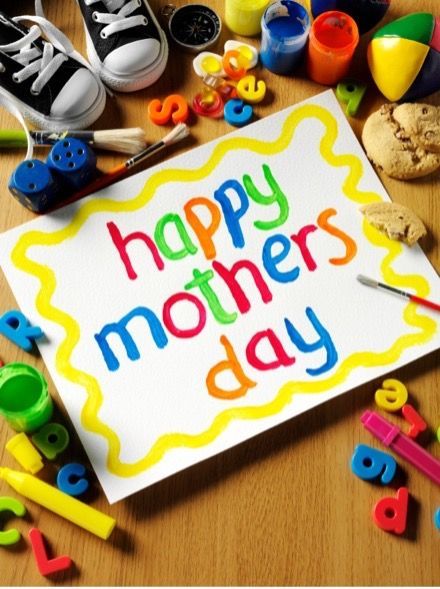Peace, perfect peace!

At this time when we are celebrating the 80th anniversary of VE- Victory in Europe) Day, many situations around the world remind us that, if ever there was a need for peacemakers, at every level, it is now : but then, that could probably be said in every age.
VE-Day has given us relative peace but there are still major conflicts which hit the news headlines regularly, in Ukraine, Gaza, Sudan. There are also minor wars, if any war can be considered ‘minor’, & civil wars in many places, as well as violent conflict between groups and individuals everywhere.
Micah’s prophesy (Micah.4.2-5) about swords being turned into ploughs - items of destruction becoming means of production of basic necessities - again seems to be taking a back place as European nations commit to greater spending on armaments as Russia issues ever more aggressive threats.
There are various ways of seeking peace. At one extreme is the active extermination of enemies, which seems to be the choice of the present Israeli government in Gaza. At the other extreme is the passive acceptance of things and surrender to a much more powerful aggressor, which is perhaps what Putin hoped for when he ordered the Russian invasion of Ukraine. Neither are satisfactory as they leave feelings of anger & resentment in those communities subjugated.
Even ‘peace treaties’, especially when imposed by one side on the other, often contain the seeds of future conflict, leading to resentment and further clouding of relationships by suspicion & mistrust. Conditions included in the Treaty of Versailles, which ended the First World War, ‘the war to end all wars’, directly led to the return of conflict in Europe only a few years later.
Peace is much more than the cessation of hostilities, good as that is.
The Biblical idea of peace is summed up in the Hebrew greeting ‘Shalom’ - ‘Peace be with you’ - the greeting Jesus gave His disciples when He came to them after the Resurrection (John 20.19). Shalom is never seen simply as a negative state, that freedom from all trouble which many assume is peace. Rather, it is something totally positive, for it means having everything which makes for a person's highest good - not just for yourself and your family, but also for those to whom you give, and should give, the greeting ‘Shalom!’
True peacemaking is not easy at any level, whether it is between nations or groups or individuals. It requires understanding and compassion, time and effort, to bring the opposing sides together to reconcile their differences. It has been said that the peacemaker ‘does not just pull up the weeds of hatred, discord and submission but sows seeds of love, understanding and brotherliness’.
There is much peacemaking needed between neighbours, individuals and within families to reconcile the hurts, resentments and other ‘barriers’ which divide people into ‘them and us’. We are all involved, for the Lord's people are called to the work of spreading the gospel of peace by word and of promoting reconciliation by action and example. As St Paul wrote, God ‘reconciled us to Himself and gave us the ministry of reconciliation … and has committed to us the message of reconciliation’ (2 Cor.5.18, 19b).
Peacemaking is not just the preserve of international diplomats who are called on to try to resolve the major issues between combative nations. It is also for those whom St Paul defines as ‘Christ‘s ambassadors’ (2 Cor.5.20) - you and I. ‘Blessed are the peacemakers’ (Matt.5.9).










